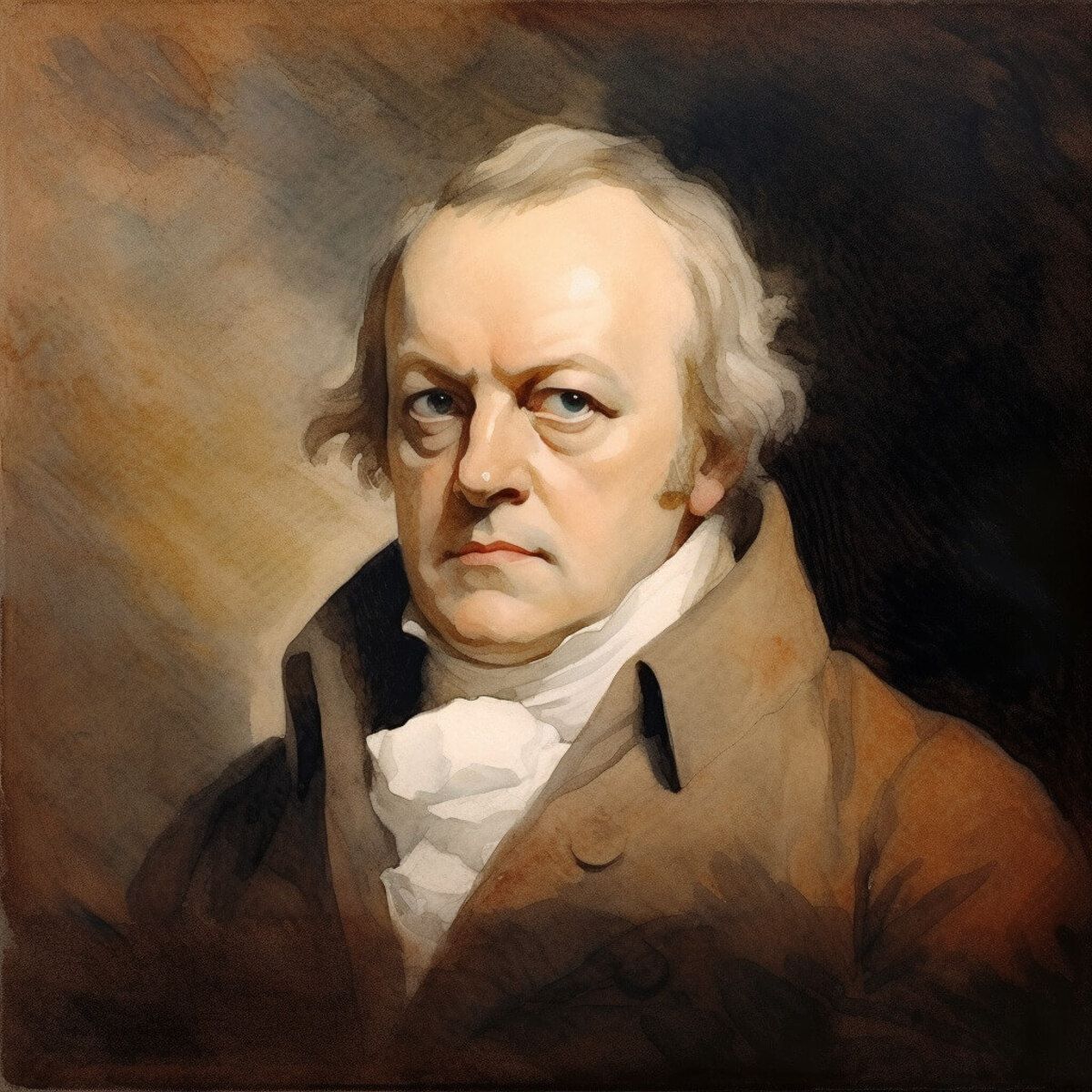
In the ever-evolving world of publishing, staying informed and up-to-date on the latest trends and statistics is crucial. Whether you are a writer, a publisher, or simply someone with a passion for literature, these publishing facts will provide you with valuable insights into the industry. From the rise of e-books to the impact of social media, the world of publishing is undergoing significant transformations. In this article, we will explore 19 fascinating facts about publishing that will not only give you a better understanding of the current landscape but also inspire and guide you in your own publishing journey. So, grab a cup of coffee, get comfortable, and let’s dive into the remarkable world of publishing!
Key Takeaways:
- The Gutenberg Bible marked the beginning of mass book production, while J.K. Rowling’s Harry Potter series holds the title for the best-selling book series of all time, captivating millions of readers worldwide.
- The publishing industry has evolved with digital books and self-publishing, making literature more accessible. From ancient libraries to modern e-books, the love for reading continues to thrive.
The first printed book was the Gutenberg Bible.
The Gutenberg Bible, printed by Johannes Gutenberg in the 15th century, marked the beginning of the mass production of books.
J.K. Rowling’s Harry Potter series is the best-selling book series of all time.
With over 500 million copies sold worldwide, the magical adventures of Harry Potter have captured the hearts of millions of readers.
The ISBN (International Standard Book Number) was first introduced in 1967.
The ISBN is a unique identifier assigned to each published book, allowing for easy cataloging and tracking in the publishing industry.
The term “bestseller” was coined in the early 20th century.
As books gained popularity, the term “bestseller” emerged to describe books with high sales numbers, capturing public interest and demand.
Self-publishing has gained significant popularity in recent years.
Advancements in technology and online platforms have enabled authors to publish their own books without the need for traditional publishing houses.
The Penguin Classics series was founded in 1946.
Penguin Classics has become synonymous with high-quality editions of classic literature, making literary masterpieces accessible to a wider audience.
The first known printed cookbook was published in 1498.
Titled “De Honesta Voluptate et Valetudine,” this cookbook featured recipes and instructions for preparing various dishes.
The “Great American Novel” is a term used to describe a groundbreaking and influential American book.
It represents a novel that captures the essence of American culture and society, often becoming a defining piece of literature.
Agatha Christie is the best-selling novelist of all time.
Known for her detective novels, Agatha Christie’s books have sold over 2 billion copies worldwide.
The first mass-market paperback books were introduced in the 1930s.
These affordable and portable books revolutionized the publishing industry, making reading more accessible to the general public.
The publishing industry has experienced a shift towards digital books in recent years.
E-books and audiobooks have gained popularity, providing readers with convenient and portable reading options.
The term “manuscript” refers to a handwritten or typed document before it is published.
Manuscripts are often edited, revised, and reviewed before they are ready for publication.
George Orwell’s dystopian novel, “1984,” was published in 1949.
Known for its portrayal of a totalitarian society, “1984” has become a cultural phenomenon and a cautionary tale of government control.
Dr. Seuss has written and illustrated some of the most beloved children’s books.
His whimsical rhymes and imaginative characters have captured the hearts of children and adults alike.
The first literary agency was established in the late 19th century.
Literary agents play a crucial role in the publishing industry, representing authors and negotiating publishing deals on their behalf.
The Braille system was invented by Louis Braille in the early 19th century.
This system allows visually impaired individuals to read and write through a series of raised dots.
The first known libraries date back to ancient Mesopotamia in the 3rd millennium BCE.
These libraries contained clay tablets with inscriptions, serving as repositories of knowledge.
The concept of “bookworm” derives from the idea of insects eating through books.
The term is often used to describe someone who has a deep love for reading and spends a significant amount of time with books.
The publishing industry continues to evolve with new technologies and trends.
From online publishing platforms to print-on-demand services, the industry adapts to meet the changing demands of readers and authors.
Conclusion
In conclusion, these 19 publishing facts provide valuable insights into the world of books, magazines, and digital content. From the exponential growth of e-books to the enduring popularity of print publications, the publishing industry continues to evolve and adapt to new technologies and consumer preferences. Publishers and authors must stay informed and embrace these changes to remain relevant in a highly competitive landscape.
By understanding the power of social media, the importance of SEO optimization, and the impact of self-publishing, creators can effectively reach their target audience and build a loyal fan base. Collaboration and innovation are key in an industry driven by passion and creativity.
Whether you’re a writer aspiring to get published, a reader looking for new literary discoveries, or a publishing professional navigating the digital era, these facts are essential knowledge for anyone involved in the world of publishing.
FAQs
1. How do I submit my manuscript for publishing?
To submit your manuscript for publishing, you can either approach traditional publishing houses or explore self-publishing options. Traditional publishing houses typically require a literary agent to represent your work, while self-publishing platforms offer more direct control over the publishing process.
2. How can I improve my chances of getting published?
To improve your chances of getting published, it’s essential to polish your manuscript and make it stand out. This includes thorough editing, seeking feedback from beta readers, and ensuring your work aligns with the target audience of the publishing house you’re approaching. Building a strong author platform and a compelling book proposal can also enhance your chances of securing a publishing deal.
3. How can social media help promote my published work?
Social media platforms provide a powerful tool for promoting your published work. You can engage with your readers, share updates and sneak peeks, run giveaways and contests, and collaborate with influencers or book bloggers to reach a wider audience. Building an online community and leveraging social media marketing strategies can significantly boost the visibility and sales of your book.
4. Why is SEO optimization important for digital publishing?
SEO optimization is crucial for digital publishing because it helps improve the discoverability of your content on search engines. By optimizing your website or online store with relevant keywords, meta tags, and engaging content, you can attract organic traffic and increase visibility in search engine results. This, in turn, can lead to more book sales and a larger readership.
5. What are the advantages of self-publishing?
Self-publishing offers several advantages, including greater control over the publishing process, higher royalty rates, and the ability to publish on your own schedule. It allows authors to retain creative control and ownership of their work. Additionally, self-publishing provides an opportunity for niche authors and non-traditional genres to reach their specific target audience.
Publishing facts offer glimpses into book world's captivating history. Explore extraordinary details about Stefan Von Holtzbrinck, a prominent figure in publishing. London Book Fair and Frankfurt Book Fair also hold intriguing facts waiting to be discovered. Unearth more fascinating insights by reading on!
Was this page helpful?
Our commitment to delivering trustworthy and engaging content is at the heart of what we do. Each fact on our site is contributed by real users like you, bringing a wealth of diverse insights and information. To ensure the highest standards of accuracy and reliability, our dedicated editors meticulously review each submission. This process guarantees that the facts we share are not only fascinating but also credible. Trust in our commitment to quality and authenticity as you explore and learn with us.


